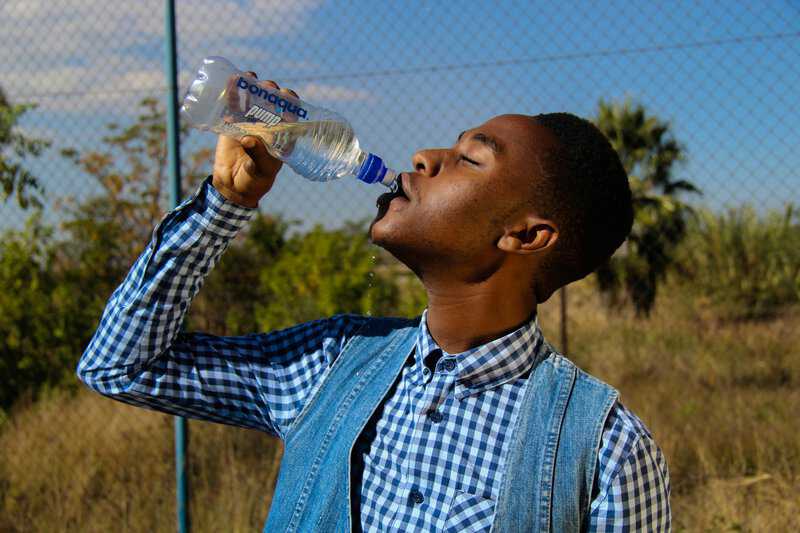Dry mouth, medically known as xerostomia, is a condition where there is not enough saliva to keep the mouth moist. While it may seem like a minor inconvenience, chronic dry mouth can lead to serious dental and oral health issues if left untreated. One of the most common side effects of dry mouth is bad breath, which can be embarrassing and impact one’s confidence. So what can you do about it?
Causes and Symptoms
Dry mouth can be caused by various factors, including medication side effects, certain medical conditions, dehydration, smoking, or simply aging. Saliva plays a crucial role in maintaining oral health by washing away food particles, neutralizing acids, and preventing infections. When saliva production decreases, the mouth becomes dry, leading to discomfort and potential complications.
The symptoms of dry mouth may include:
- Persistent dryness or stickiness in the mouth
- Difficulty swallowing or speaking
- Sore throat
- Dry or cracked lips
- A burning sensation in the mouth
- Bad breath (halitosis)
How to Get Rid of Dry Mouth at Home
The treatment for dry mouth depends on the underlying cause and severity of the condition. Here are some effective ways to manage dry mouth and alleviate its symptoms at home:
-
Stay Hydrated
Drinking plenty of water throughout the day can help keep the mouth moist and prevent dehydration. Avoiding caffeinated or alcoholic beverages, which can contribute to dryness, is also recommended.
-
Eat Sugar-Free Gum or Candy
Chewing sugar-free gum or sucking on sugar-free candy can stimulate saliva production and provide temporary relief from dry mouth symptoms.
-
Use a Moisturizing Mouthwash
Using a moisturizing mouthwash or oral rinse specifically designed for dry mouth can help hydrate the oral tissues and alleviate discomfort. Look for products that contain ingredients like xylitol or fluoride to promote saliva production and protect against tooth decay.
Advanced Dry Mouth Treatment
If you’re experiencing persistent dry mouth symptoms despite trying home remedies, it’s essential to schedule a dental cleaning in Doylestown and explain your symptoms. These cleanings and checkups are crucial for maintaining oral health. Afterall, good oral hygiene practices, such as brushing with fluoride toothpaste and flossing daily, may not be the root of the problem. Your dental team can help determine if you should consider consulting with a healthcare provider about alternative medications or dosage adjustments if your dry mouth is caused by medication. They can also recommend saliva substitutes or artificial saliva products that can be prescribed by your dentist in Doylestown to mimic the natural lubricating properties of saliva
Dry mouth is a common condition that can have significant implications for oral health and overall well-being. By understanding the causes, symptoms, and dry mouth treatment in Doylestown, you can take proactive steps to manage the condition effectively and maintain a healthy, hydrated mouth. If you’re struggling with dry mouth or bad breath, don’t hesitate to contact us for expert care and personalized treatment solutions. Your smile deserves the best care possible!

